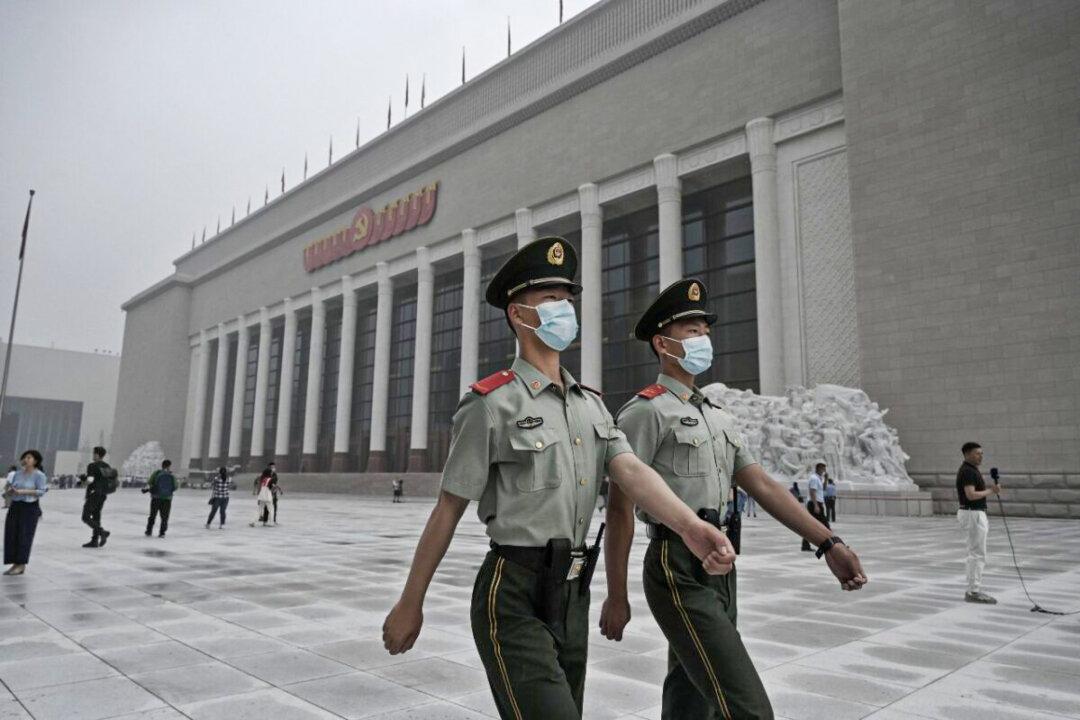China’s ruling regime seeks to undermine the current international system and replace it with a Beijing-led Marxist order, according to a new report by a U.S. congressional advisory body.
“The Chinese Communist Party’s [CCP] ambitions for global leadership became ever clearer in this, the CCP’s centennial year,” Commission Chair Carolyn Bartholomew of the U.S.–China Economic and Security Review Commission (USCC) said at a Nov. 17 launch event for the report.




